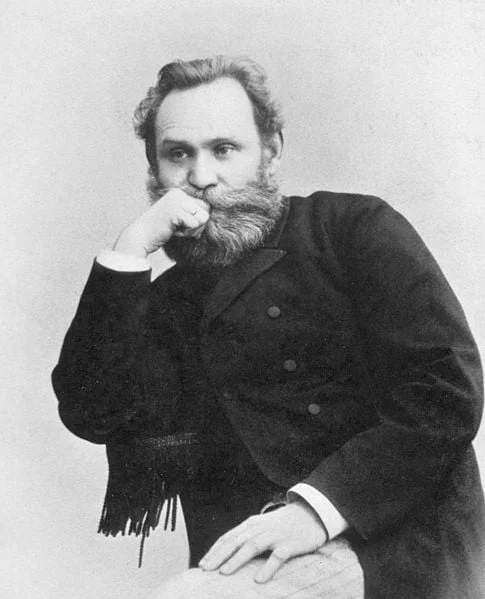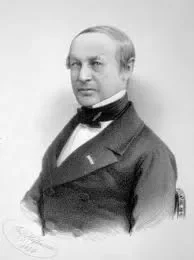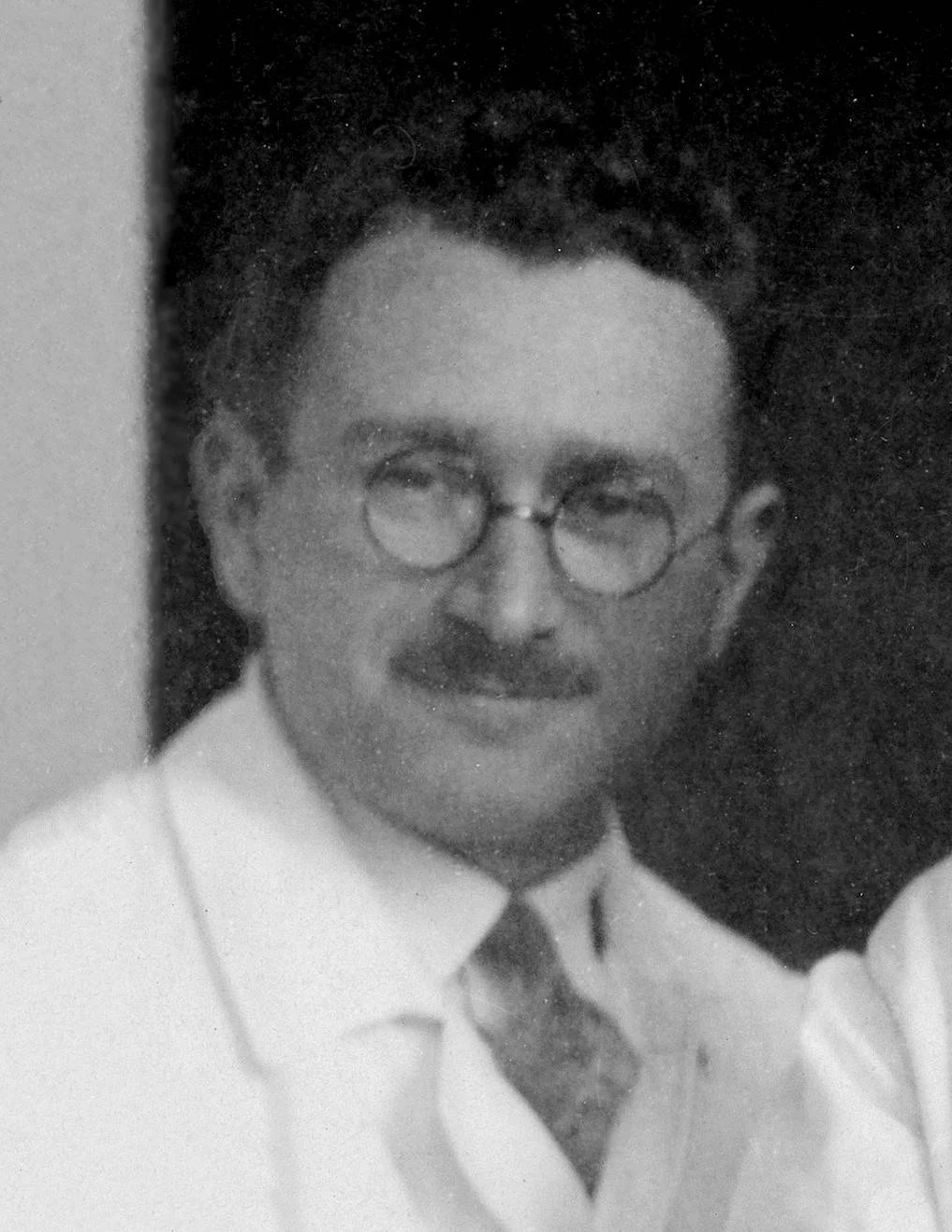Real Celebrities Never Die!
OR
Search For Past Celebrities Whose Birthday You Share

source:wikipedia.org
Ivan Pavlo
Birthday:
26 Sep, 1849
Date of Death:
27 Feb, 1936
Cause of death:
Double pneumonia
Nationality:
Russian
Famous As:
Neurologist
Age at the time of death:
86
Ivan Pavlov's Quote's
Early Life and Education
Ivan Petrovich Pavlov was born on September 14, 1849, in Ryazan, a city in Russia. Raised in a deeply religious family, Ivan Pavlov initially intended to become a priest, but his interests shifted towards science. In 1870, he enrolled at the University of Saint Petersburg to study natural sciences and eventually graduated with a degree in physiology.
Early Career and Research in Digestion
During his early career, Pavlov dedicated himself to researching digestion. In 1891, he earned a prestigious position as the head of the Department of Physiology at the Institute of Experimental Medicine in Saint Petersburg. It was during this time that he conducted groundbreaking experiments on the digestive glands of dogs, ultimately leading to his discovery of the conditioned reflex.
Discovery of Classical Conditioning
Pavlov’s work on classical conditioning became his most renowned contribution to psychology. His experiments involved associating a neutral stimulus, such as a bell, with a natural reflex, like salivation in response to food. Over time, the neutral stimulus alone could elicit the same response, demonstrating the learned association.
Nobel Prize and International Acclaim
In 1904, Ivan Pavlov was awarded the Nobel Prize in Physiology or Medicine for his extensive research on digestive glands and his influential findings on conditioned reflexes. This recognition catapulted him to international acclaim, solidifying his status as a pioneering figure in both psychology and physiology.
Challenges During the Russian Revolution
Despite his professional success, Pavlov faced challenges during the Russian Revolution of 1917. The political upheaval disrupted his research, and he experienced personal losses. However, he continued his work and adapted to the changing circumstances.
Theory of Higher Nervous Activity
Pavlov’s later years were marked by further achievements, including the development of the theory of higher nervous activity. His studies on the cerebral cortex expanded the understanding of brain function, emphasizing the role of the cortex in complex behaviors and conditioning.
Personal Life and Family
Beyond his scientific endeavors, Pavlov’s personal life revealed a man of discipline and dedication. Married to Seraphima Vasilievna Karchevskaya in 1881, he found unwavering support in his spouse, who actively participated in his research. The couple had five children, and Pavlov’s commitment to his family was evident in his efforts to balance his demanding career with domestic responsibilities.
Legacy and Death
On February 27, 1936, Ivan Pavlov passed away at the age of 86 in Leningrad, now known as Saint Petersburg. His legacy endures through the profound impact of his contributions to psychology and physiology, shaping the fields for generations to come.
A Life of Scientific Curiosity
Ivan Pavlov’s life unfolded as a narrative of scientific curiosity, resilience in the face of political upheaval, and a commitment to advancing knowledge. From his humble beginnings in Ryazan to the pinnacle of international acclaim, Pavlov’s journey remains an inspiring chapter in the annals of science, forever shaping our understanding of human behavior and physiology.
Name:
Ivan Pavlov
Popular Name:
Ivan Pavlo
Gender:
Male
Cause of Death:
Double pneumonia
Spouse:
Place of Birth:
Ryazan, Russian Empire
Place of Death:
Leningrad, Russian SFSR, Soviet Union
Occupation / Profession:
Personality Type
Logician: Innovative inventors with an unquenchable thirst for knowledge. His logical thinking greatly influenced his contributions to psychology.
Apart from his scientific pursuits, Pavlov also developed a system of “Pavlovian typology” to categorize individuals based on their physiological responses to various
Pavlov and his research institute endured the harsh conditions of the Siege of Leningrad during World War II. Despite the scarcity of resources, he continued his work and even managed to save many of his laboratory animals by sharing his own rations with them.
Pavlov had a brief encounter with Vladimir Lenin, the leader of the Bolshevik Party, during the Russian Revolution. Lenin, impressed by Pavlov’s work, provided him with resources to continue his research during a time of political upheaval.
The most famous aspect of Pavlov’s research is his work with dogs, where he conditioned them to associate the sound of a bell with the anticipation of food. This classical conditioning experiment became iconic and is often referenced in popular culture.
Nobel Prize in Physiology or Medicine (1904)
Pavlov’s groundbreaking work on classical conditioning revolutionized the understanding of learning and behavior in his experiments with dogs.



